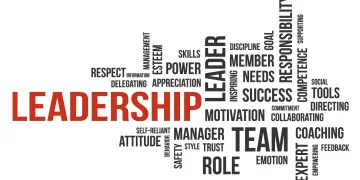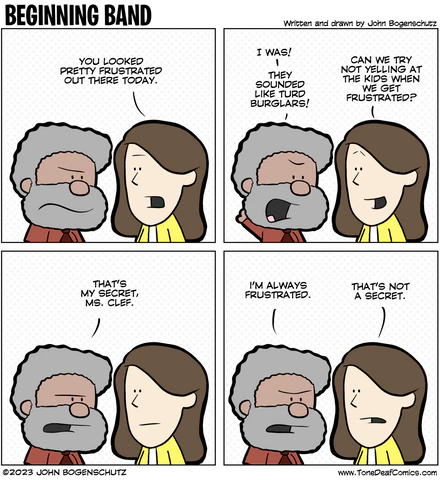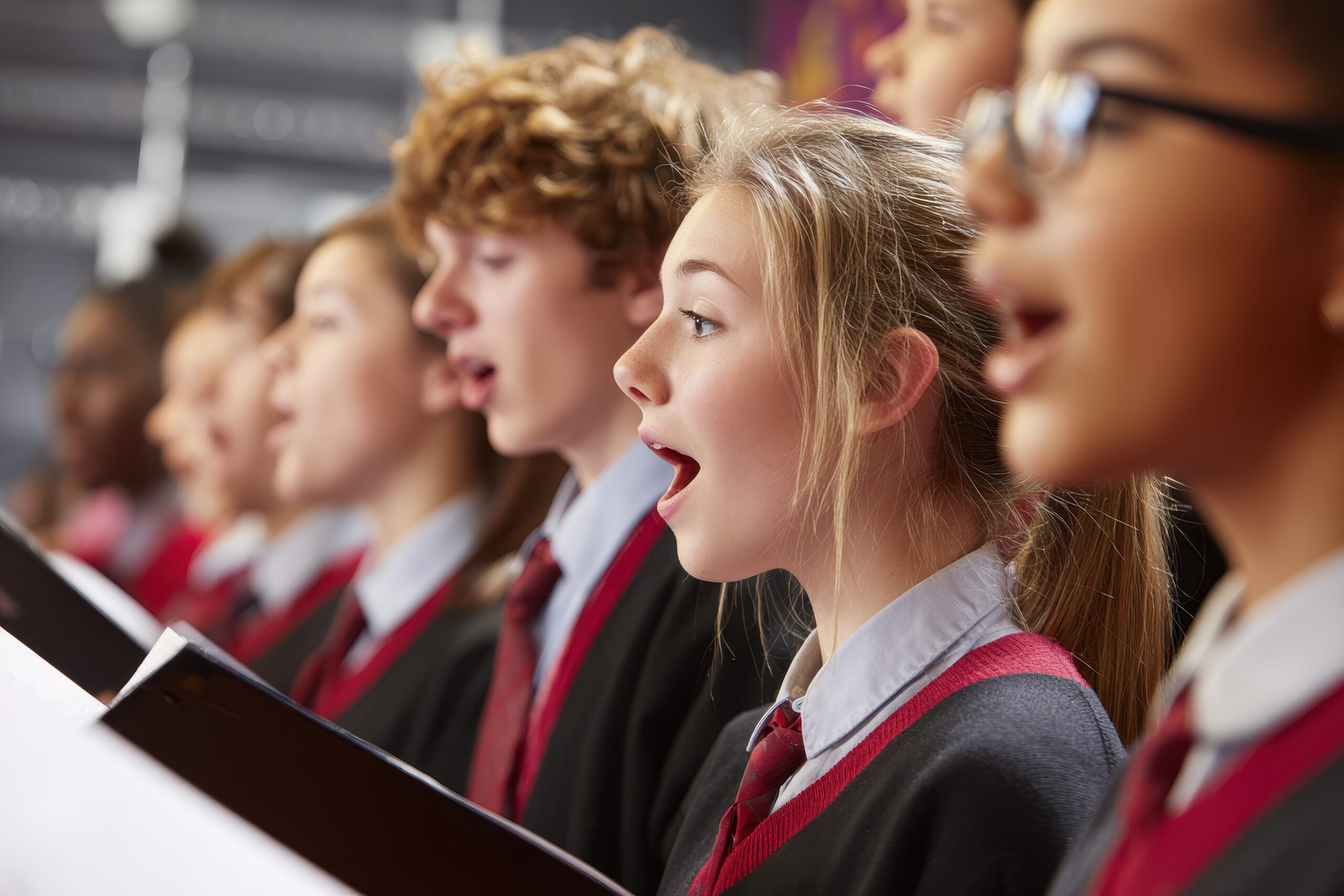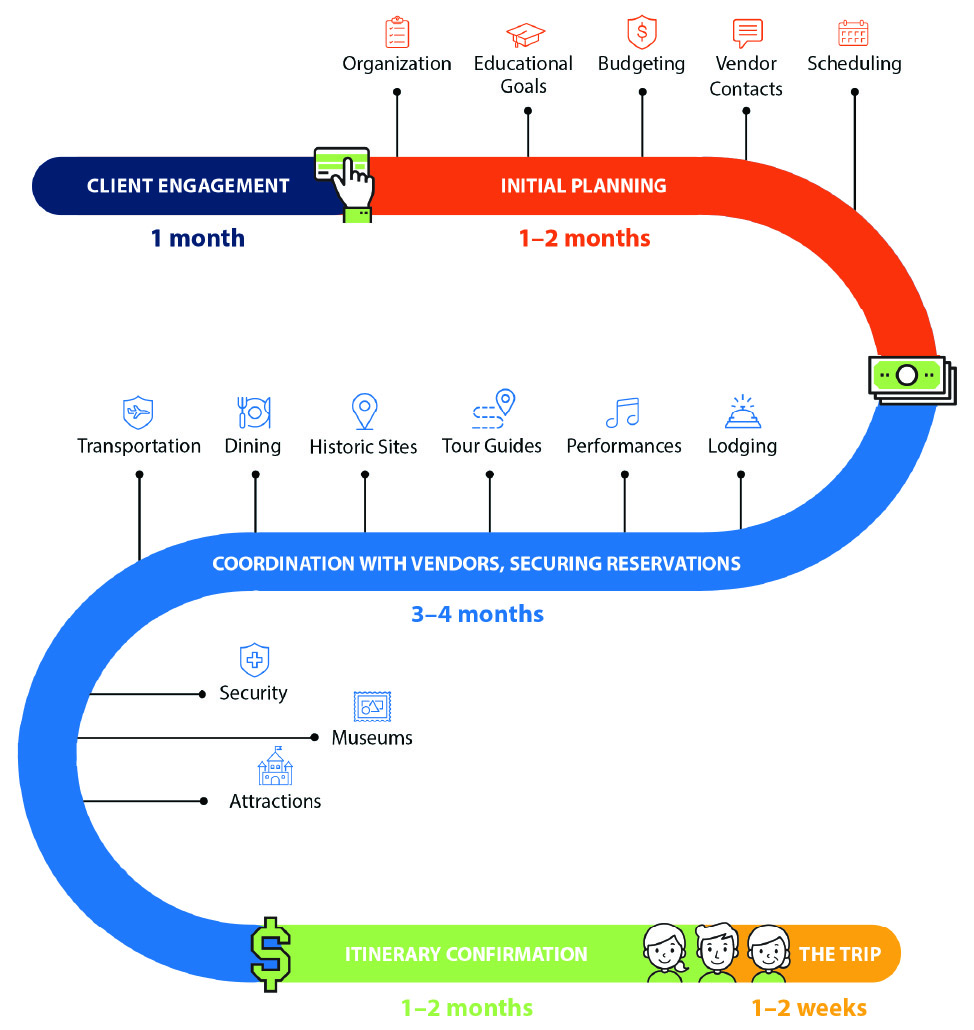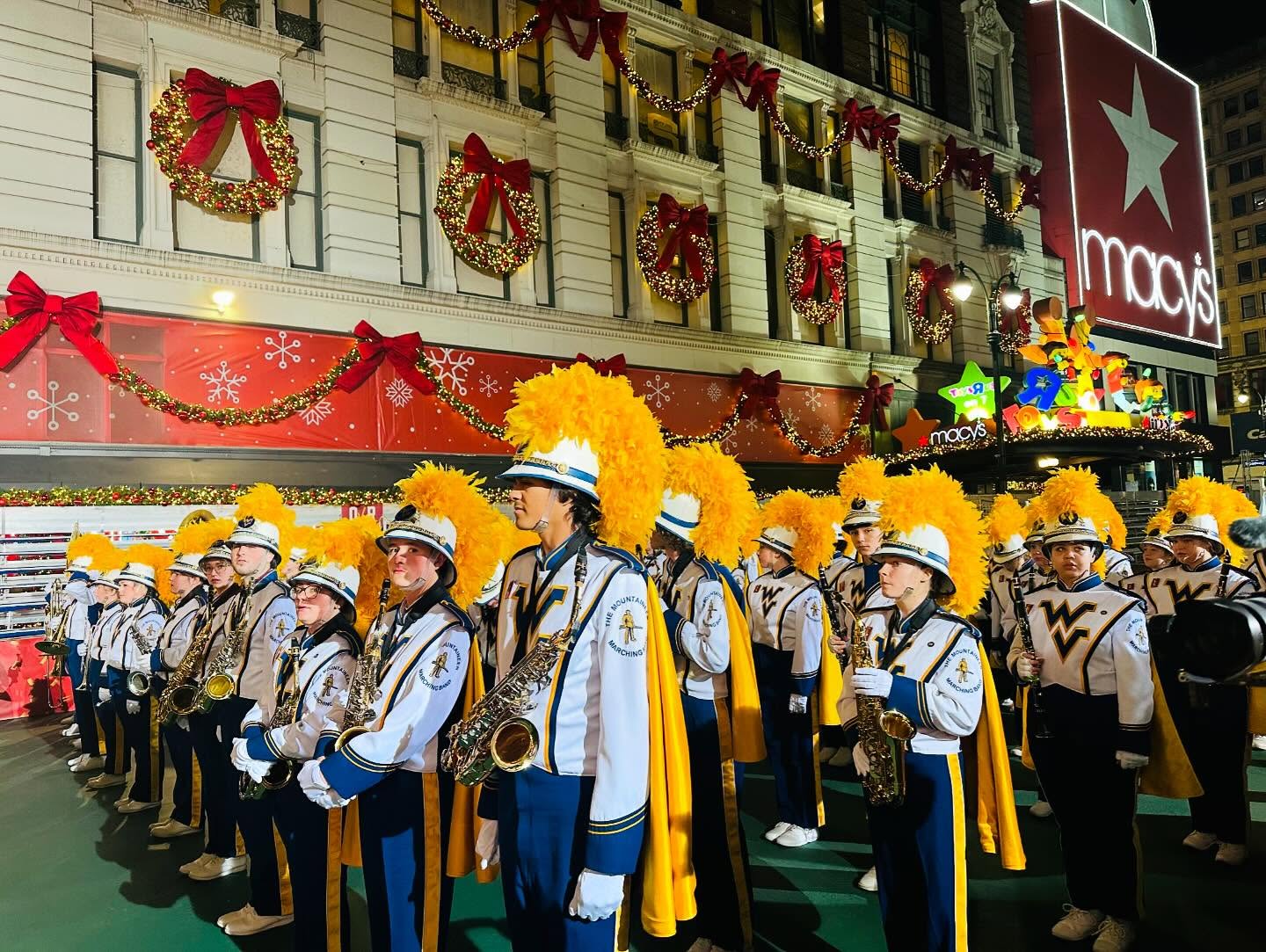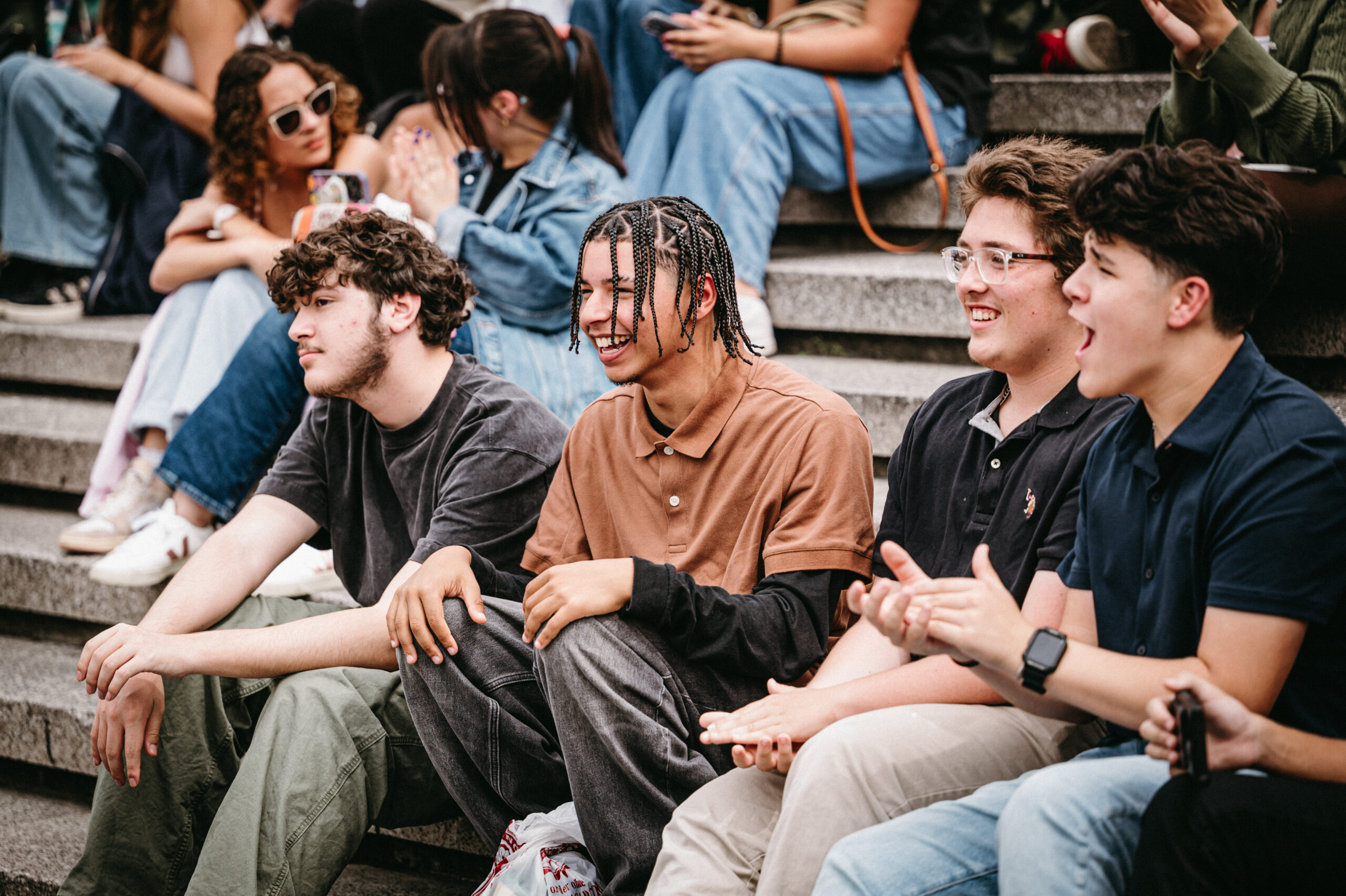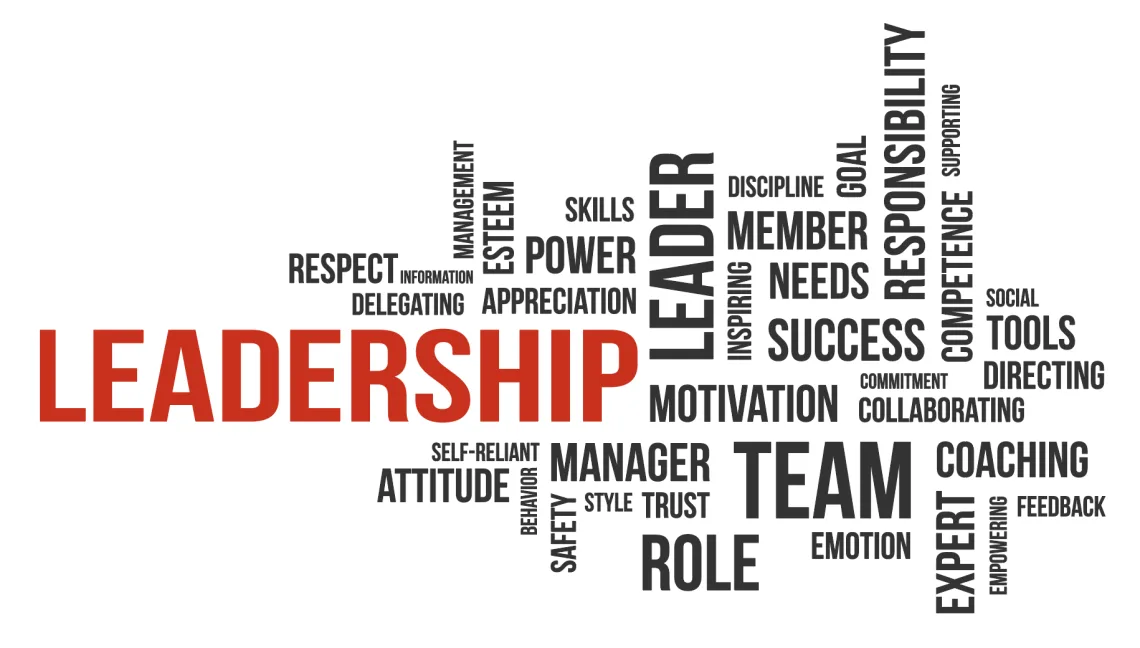By Bill Humbert
Every music teacher is a leader whether directing an ensemble, managing a rehearsal, or mentoring a student one-on-one. But what makes a truly great leader in the classroom? There are three essential leadership traits for educators, especially those shaping the next generation through music.
- Integrity: The Foundation of Trust
The Latin root integer means “whole” or “complete.” That’s what integrity is: being consistent, authentic, and aligned in word and action. For music teachers, this isn’t just a moral concept, it is how you build trust with your students. Integrity is a cornerstone of effective and inspiring music teaching. For music educators, it means consistently demonstrating honesty, fairness, and professionalism in every aspect of their work. This includes respecting students’ individuality and evaluating performance based on merit rather than personal bias. Integrity also involves modeling ethical behavior in rehearsals, performances, and classroom interactions, while maintaining confidentiality and treating all students with dignity. A teacher with integrity fosters trust, sets a powerful example for students, and creates a learning environment where respect, commitment, and artistic growth can flourish. Ultimately, integrity is not just about doing things right, it is about doing the right thing.
A quick and easy definition of integrity might sound something like this: Integrity is who you are and how you are when you don’t think anyone is watching…remember someone is always watching. Are your actions aligned with the person you are choosing to be? It is not what you say, but what you do that counts.
Practical Tips:
- Be consistent with expectations. If you expect punctuality and preparation, model it yourself. Show up early and be prepared for each teaching opportunity every day .
- Follow through on promises. Whether it’s a one-on-one lesson you offered or a promised solo audition, make good on your word. Follow through with excellence, respect deadlines, and always give your best.
- Hold all students to the same standard. Avoid favoritism or leniency for some and not others. Students notice and will respect consistency and fairness.
- Admit mistakes openly. If you make an error or mishandle a situation, acknowledge it. Your honesty strengthens your credibility.
Remember: Someone is always watching, and they learning from how you lead.
- Optimism: Belief as a Catalyst for Creating Momentum
In the classroom, optimism can be seen as the unwavering belief that music has the power to transform lives, and every student holds within them the ability to grow, express, and shine through it. It is the choice to see potential where others see limitations, to find connection in order to create positive momentum even when resources are few. Optimism means showing up each day with passion, trusting your efforts to plant seeds of creativity, confidence, and connection that will impact students far beyond the classroom. Optimism isn’t just “positive thinking”, it is a belief in what is possible. Great music teachers are hopeful realists. They see challenges but focus on potential.
Practical Tips:
- Celebrate small wins. Didn’t master the technique, but improved the dynamic contrast? Acknowledge that! Momentum builds motivation.
- Use “yet” language. “You can’t play that measure…yet.” This will keep the door open for growth and possibility.
- Frame feedback positively. Instead of “That was wrong,” say, “Let’s try that again with more attention to rhythm.”
- Share your own journey. Let students know about times you struggled with a piece of music, skill, or audition and how you worked through the challenges.
- Care: The Power of Connection
Students don’t just want to be taught they want to be seen. Connection in the classroom is essential for music teachers because it lays the foundation for meaningful learning, artistic expression, and student growth. Music is inherently emotional and collaborative, and when teachers build strong connections with their students, they create a safe, supportive environment where students feel seen, heard, and valued. This emotional trust encourages students to take creative risks, engage more deeply, and develop confidence in their musical abilities.
A strong teacher to student connection helps music educators better understand each student’s unique learning style, interests, and challenges, allowing for more personalized and effective instruction. It fosters mutual respect, improves classroom behavior, and enhances motivation, all of which are critical in a subject that demands consistent practice and performance.
Practical Tips:
- Learn students’ names quickly and use them often. This small act builds connection fast.
- Start rehearsal with a check-in. A simple “How’s everyone doing today?” opens the door to trust and shows you care about their well-being. Meet and greet them at the door. The simple act of “good morning” can go a long way towards creating a great mindset for the rehearsal.
- Keep an open-door policy. Encourage students to come to you with concerns about music, academics, or life advice and guidance.
- Attend one student event per semester (non-music). Whether it’s a play, game, or club event, your presence outside the music room sends a powerful message: I see you.
Students who feel cared for are more engaged, resilient, and willing to invest in the music and in the group.
People don’t care how much you know until they know how much you care. -Theodore Roosevelt
These three characteristics: Integrity, Optimism, and Care are choices you make every day.
Here’s a quick-start leadership checklist:
Do the right thing, even when it’s hard or unnoticed.
Believe in possibilities, and help your students believe, too.
Get to know the people in your group.
When students trust your integrity, feed off your optimism, and know they are cared for it becomes easier for them to follow your leadership wherever the music takes them. You become “worth following”. Your podium is more than a place from which you conduct, it is a platform for influence. This will open opportunities to build better musicians and better people.
